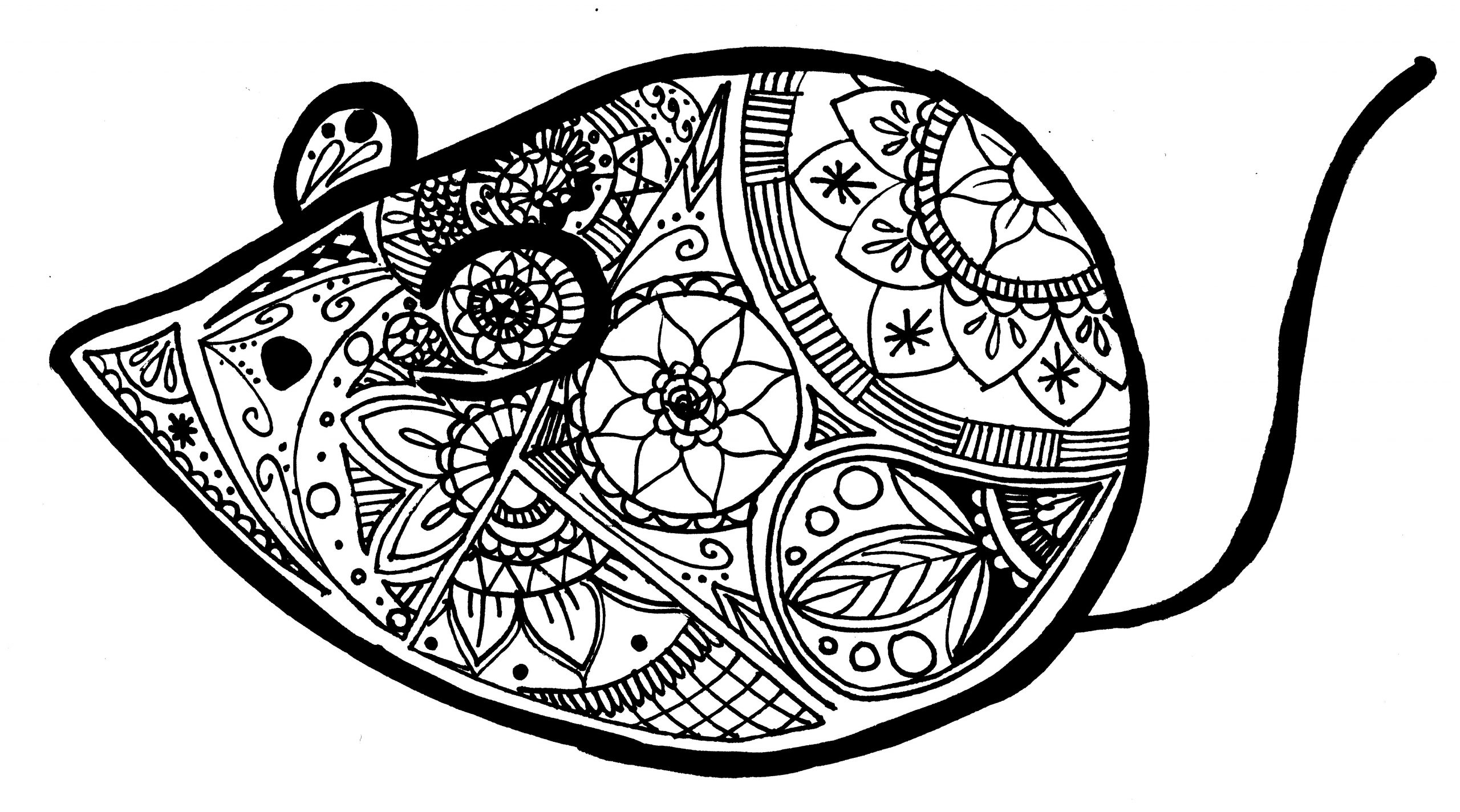In the lecture video for this week, professor John talked about how modernization in Latin America tended to be superficial, and “trouble was brewing” under the surface. In the article about Diaz by Creelman, we read last week, Mexico seems to be a stable and peaceful region with no crisis in sight. Yet, reading this week’s material, it’s easy to see how many problems, violence, and inequalities were being glossed over. The way “Plan de Ayala” justifies their right to rebel against President Madero, whom they previously supported, seemed very interesting to me. When I imagine a revolution, this kind of civility is not what comes straight to mind. Maybe this is the kind of action that Diaz implied when he was talking about the Mexican people becoming civilized enough for proper democracy. Or perhaps Zapata used educated and intelligent words instead of depending on violence right away to legitimize his demands as a person with indigenous heritage who were often thought to be uneducated and backward.
The great effect the United States had, and probably still has, in the region is also very evident. In both La raza cósmica and To Roosevelt, the authors have certain respect or awe for the development the U.S. had made while criticizing the nation. the phrasing in Rúben Dario’s poem which stood out was his references to Spain, such as “Spanish America” and “cubs of the Spanish lion”. Why bring up the previous colonizer, Spain, when trying to make a point to the potential new colonizer, the U.S., that South America is not a place to be reckoned with? I thought it a bit counter-intuitive to mention the region’s previous dominators in a poem proving Latin America’s strength and independence. This could go back to the topic of the Identity crisis in Latin America which we have been discussing throughout the weeks. José Vasconcelos’s points on race and racism in La raza cósmica was fascinating. He mentions how the superiority of a certain race is only established to justify the reign of the rulers in that particular period in time. Also, he states most great nations in history had mixed races and one race cannot create a sophisticated civilization on its own. Living in a relatively homogenous country myself, I could argue against Vasconcelo’s statement. However, considering the time and place the text was written I can’t deny that if races were to mix according to Vasconcelos’s ideals, the domestic situation would probably have been very different.
